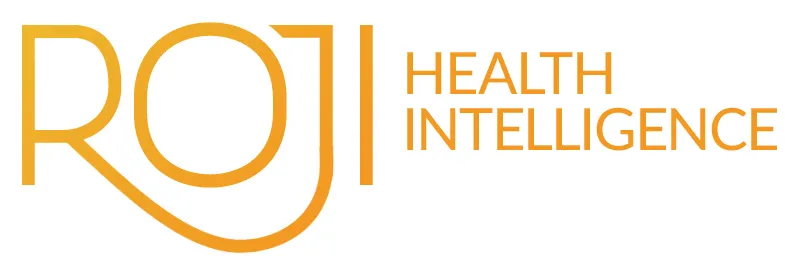Bundled payments, a health care payment innovation that has been widely praised for controlling costs, recently got a bad rap. Secretary of Health and Human Services Tom Price has delayed implementation of the final Medicare rule for several bundled payment programs that were set to start this year. He has criticized the bundled payments initiative […]
Roji Health Intelligence’s Roji Registry Earns ONC-Health IT Certification from Drummond Group LLC
Roji Health Intelligence has reached another milestone, enhancing Solutions to help providers achieve better outcomes and lower costs. Roji Registry has earned Office of the National Coordinator for Health Information Technology (ONC-Health IT) 2015 Edition Health IT Module Certification via Drummond Group LLC, an Authorized Certification Body (ACB). See details here. Why ONC-Health IT Certification […]
Onward to 2017 as Roji Health Intelligence
It’s been a momentous year in health care, with significant changes on the way for 2017. “Patient Empowerment” and cost shifting to the consumer are gaining political currency in Washington. MACRA is looming on the horizon, with the coming year being the first under the Final Rule for measuring performance. Health care organizations have […]



